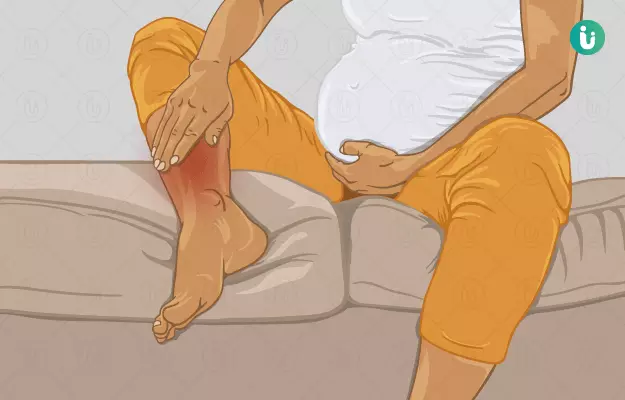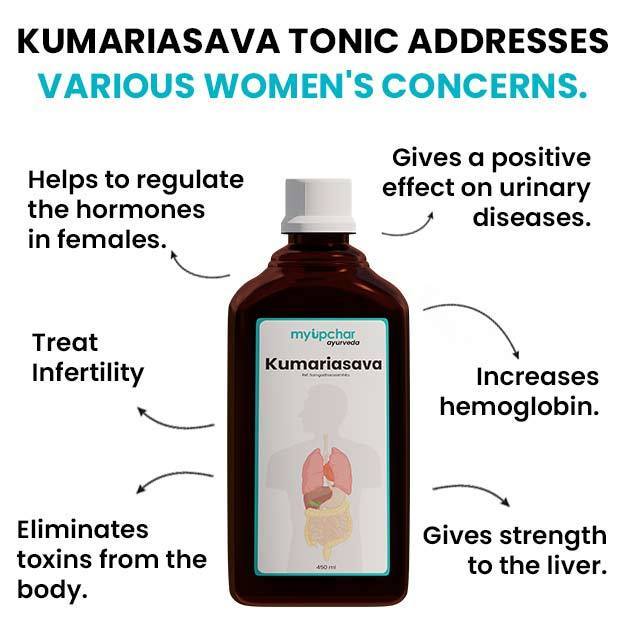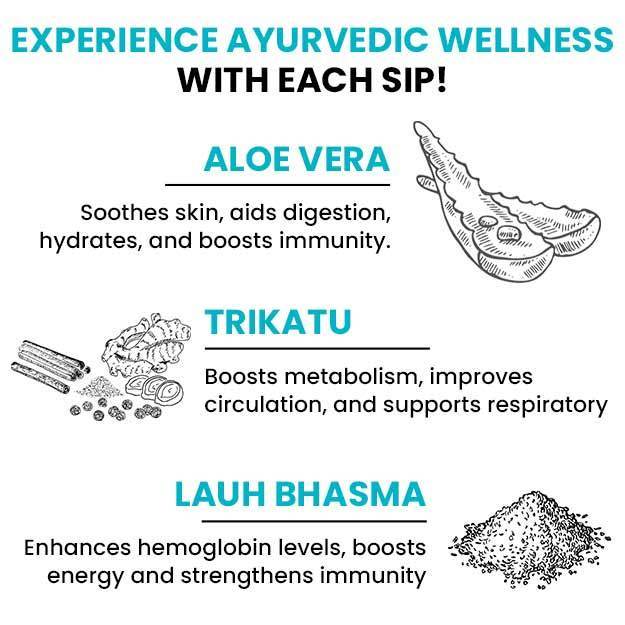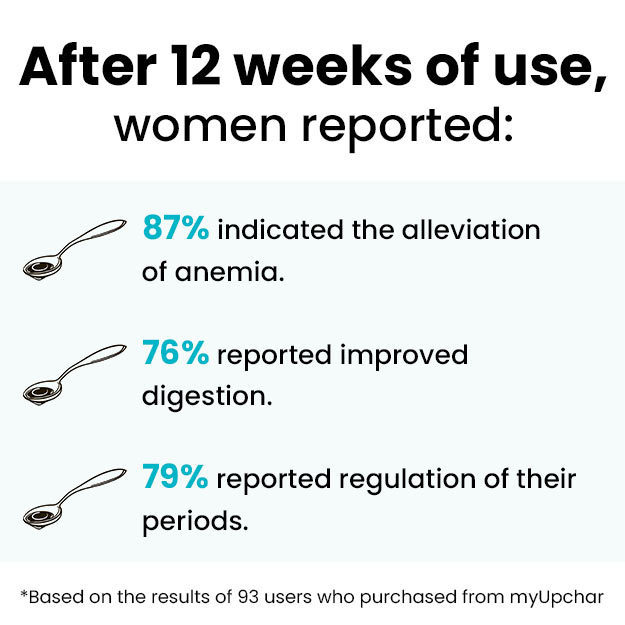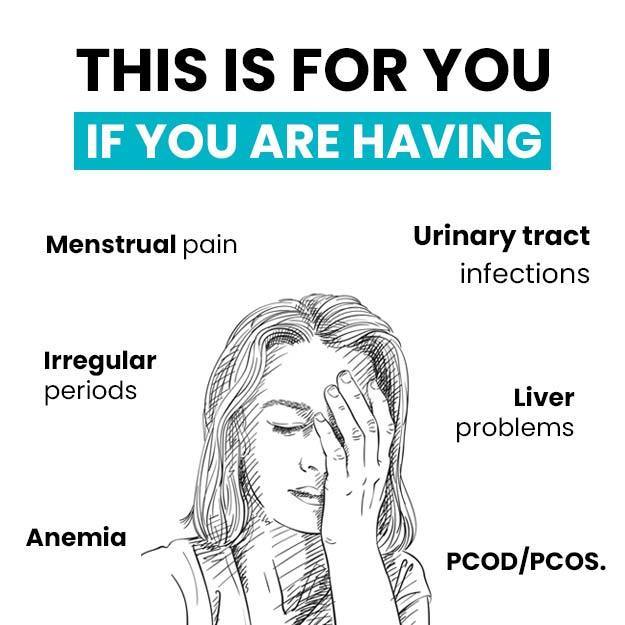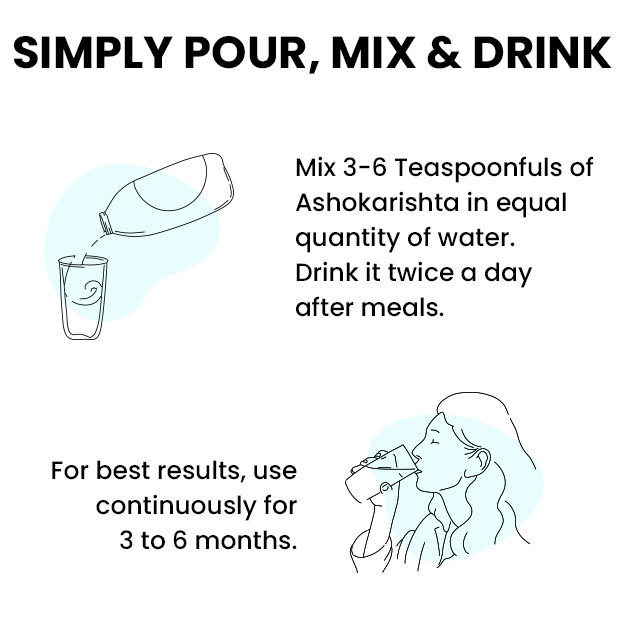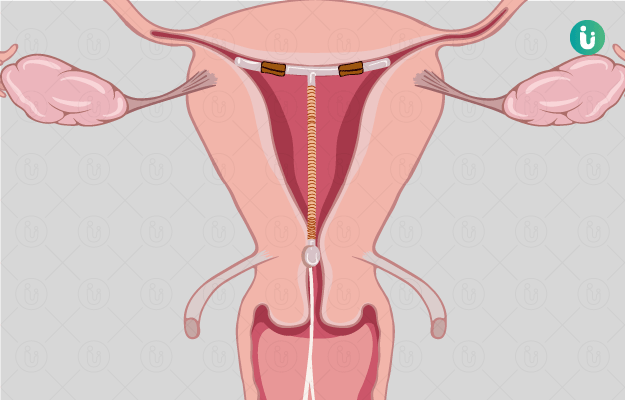During pregnancy, you may suddenly experience severe pain and cramps in the legs at night. This is one of the common problems in pregnancy. When the body does not get enough water during the day or you do not drink enough water, then there is pain in the legs, but if you are experiencing this in pregnancy, then you need to be careful and try to find out the reason for it.
(Read more - Leg cramps during pregnancy)

